Staff Writer, Sun Journal
Lindsay Tice is an award-winning former journalist with 20 years experience. She worked for weekly newspapers, the Portland Press Herald and the Sun Journal in Lewiston, where she covered health care and breaking news and was one of the principal reporters for investigative pieces, long-form features, and Sunday packages.
Tice was named Maine Journalist of the Year for 2012-13 and at one point had won more Maine Press Association awards than any other journalist in the association’s remembered history. She is a firm believer that good journalism is society’s heart and conscience.
She currently works for the University of Southern Maine.
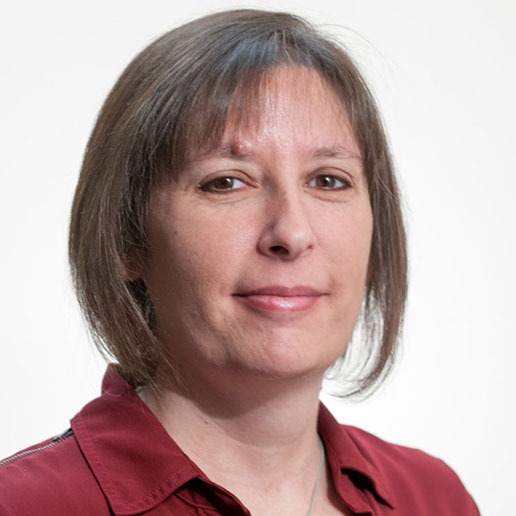
Talks
Why Journalism Matters Today (and Everyday)
Community Journalism
How to Tell Your Story
Ethics of Reporting
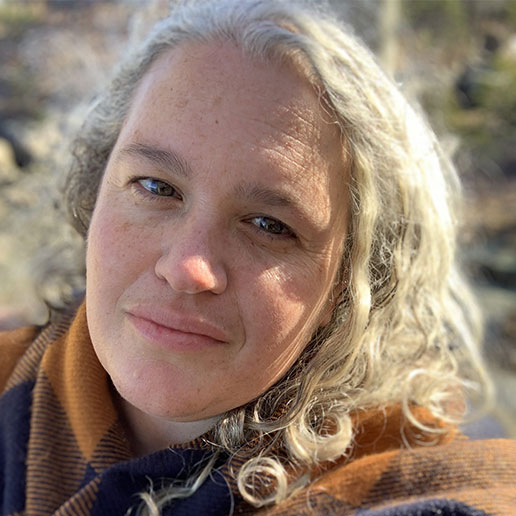
Osher Map Library and Smith Center for Cartographic Education, University of Southern Maine
she/her
Libby Bischof explores American society through the lens of history—and the lens of a camera. A nineteenth-century American cultural historian, Professor Bischof specializes in the history of photography, particularly in Maine. Her other research interests include Maine history, modernism, how friendship informs cultural production, and nineteenth-century New England women writers.
Bischof co-curated of the exhibition Maine Moderns: Art in Sequinland, 1900-1940 at the Portland Museum of Art with Senior Curator Susan Danly. The show won the critic’s choice award for best Historic Show in the 2011 New England Art Awards.
Talks
Maine at 200: A Visual History
History of Photography in Maine
Visual History of Maine Through Postcards
The World War I Centennial and WWI Monuments and Memorials in Maine
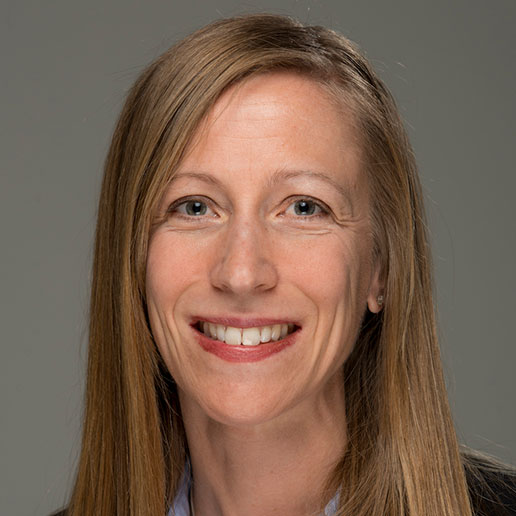
Assistant Professor of Media Studies, University of Maine
Judith E. Rosenbaum (Ph.D. Radboud University Nijmegen, The Netherlands) has taught undergraduate and graduate courses on the theoretical foundations of mass communication, strategic communication, race, gender and the media, research methods, as well as courses on social media and digital cultures.
Her research interests include the impact of digital media on daily life, political dialogue and meaning making on social media platforms, media selection and enjoyment, and health and media usage. Her latest book, Constructing Digital Cultures: Tweets, Trends, Race and Gender, was published by Lexington in 2018.
Talks
#BlackLivesMatter to #MeToo: Social Media’s Contribution to Democracy
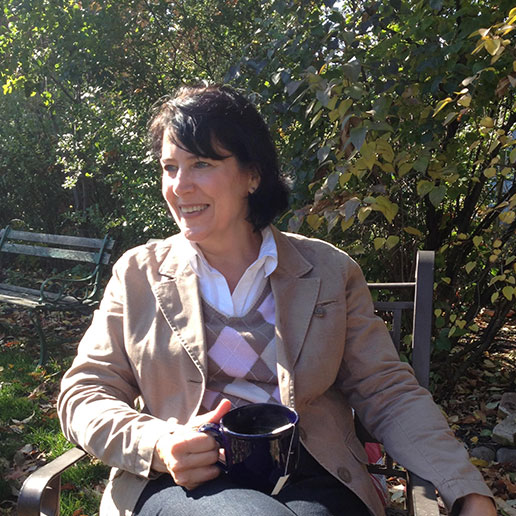
Journalist
she/her
Joyce Kryszak is an award-winning journalist, producer, and feature writer who has reported for NPR, the BBC, Voice of America, the Environment Report, the Buffalo News, and others. Her freelance work appears regularly in Down East Magazine. Joyce has received more than three-dozen Associated Press Awards, as well as an Edward R. Murrow Award.
Joyce’s journalism regularly examines the environment, education, poverty, racial disparities, and culture. As an interviewer, she has spoken with hundreds of notable people, among them: Jane Goodall, Bob Woodward, Lilly Ledbetter, Salmon Rushdie, Alec Baldwin, and Marcel Marceau.
Talks
Reporting from the Front Line of a Singapore Classroom
An Inconsistent Truth: Finding Truth’s Through-line
What the Hell Does This Have to Do with Me? – Putting a Human Face on the Story
Storyteller and oral historian
she/her
Before returning to her family home in western Maine as a freelance storyteller and oral historian, Jo Radner spent 31 years as a professor at American University in Washington, DC. There she taught literature, folklore, women’s studies, American studies, Celtic studies, and storytelling.
In 2023 she published a book, Wit and Wisdom: The Forgotten Literary Life of New England Villages, about a 19th-century tradition of creating and performing handwritten literary newsletters. Radner received her PhD from Harvard University and is a past president of the American Folklore Society and the National Storytelling Network.
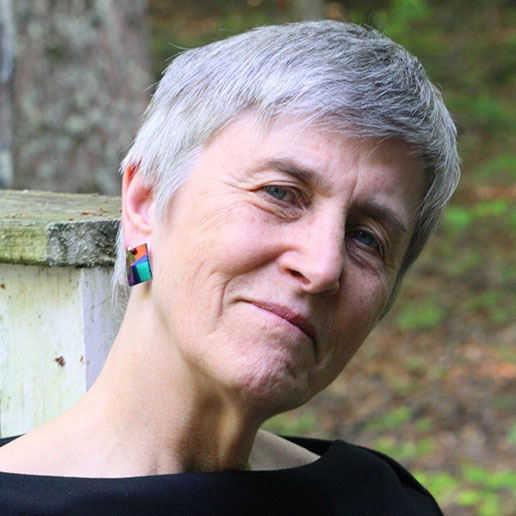
Talks
Burnt into Memory: How Brownfield Faced the Fire
Drawing on interviews with townspeople, letters, photographs, and newspaper reports, Jo Radner tells the history of the furious 1947 wildfire that in a few hours destroyed almost all of the little town of Brownfield in western Maine.
Neighbors fought and fled the fire, saving what they could and supporting one another, then returned to the devastated town to rebuild their community. In the Brownfield citizens’ own words Radner tells an epic story of terror, courage, generosity, and hope.
Family Stories: How and Why to Remember and Tell Them
Telling personal and family stories is fun – and much more. Storytelling connects strangers, strengthens links between generations, and gives children the self-knowledge to carry them through hard times. Knowledge of family history has even been linked to better teen behavior and mental health.
In this active and interactive program, storyteller Jo Radner shares foolproof ways to mine memories and interview relatives for meaningful stories. Participants will practice finding, developing, and telling their own tales.
Wit and Wisdom: Homegrown Humor in 19th Century New England
Whatever did New Englanders do on long winter evenings before cable, satellite and the internet? In the decades before and after the Civil War, our rural ancestors used to create neighborhood events to improve their minds. Community members would compose and read aloud homegrown, handwritten literary “newspapers” full of keen verbal wit.
Sometimes serious, sometimes sentimental but mostly very funny, these “newspapers” were common in small villages across Maine, New Hampshire and Vermont and revealed the hopes, fears, humor, and surprisingly daring behavior of our forebears. Jo Radner shares discoveries about hundreds of these “newspapers” and when possible, provides examples from villages in your region.
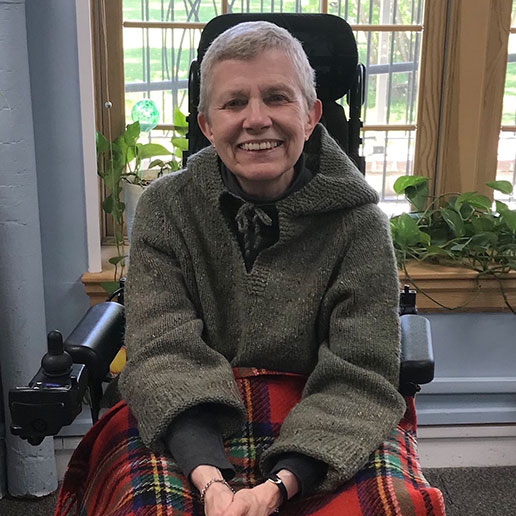
Associate Professor, Professional Communication and Journalism
we/us/our
Jacquelyn Lowman has been a professional communicator since her adolescent years. She has worked in a broad array of venues, from commercial publishing and journalism to academia. The one area that she loves even more than communicating is teaching and guiding others to do so: to help them realize their communication gifts.
As founder of and chief instructor in the University of Maine at Presque Isle’s professional communication and journalism program, she has ample opportunity to do just that. The program specializes in marketing, branding and advocacy.
Talks
Journalists: Watch Dogs of Democracy or Enemies of the People?
Do We Deserve Democracy?
Writer, Veteran
they/them
Cody Mower is a non-binary author, veteran and advocate whose primary goal is help others tell their own stories.
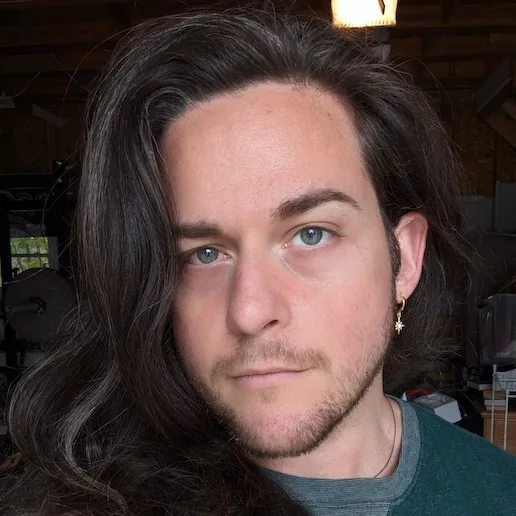
Talks
In Your Own Words
This presentation explores the importance of veterans telling their own stories—as a practice of personal healing and as an act of challenging how veterans are portrayed in popular culture.
Mower shares stories from their published work, explores how writers like Kurt Vonnegut and Tobias Wolff have dealt with post-military life, and examines how the entertainment industry, especially in the Vietnam era, began to control the narrative of the veteran.
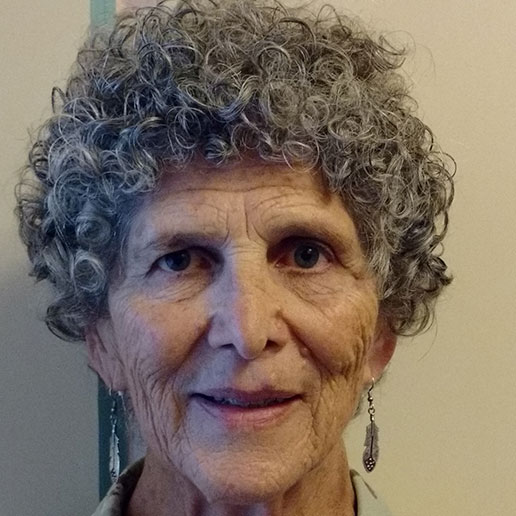
Journalist, Historian
A former newspaper reporter and editor, Kanes likes libraries and dusty archives, doing research, writing about history and related topics, reading many genres of books, hiking, biking, cooking, walking the dog, playing with the cats, and going on adventures with friends.
She holds a bachelor’s degree in journalism, a master’s in American and women’s studies, and a doctorate in American history. Kanes worked for a number of years as curator of Maine Memory Network at the Maine Historical Society, led numerous MHC book discussions, and curated a variety of museum exhibits.
Talks
Speak Out, Stand Up, Organize: Maine’s Fight for Women’s Rights
Starting in the early 19th century, women – along with men – began organizing to gain rights for enslaved persons and for all women. This brief look at some of those efforts in Maine will highlight a few of the people, some of the arguments, and some of the methods used into the twentieth century to gain equal rights.
